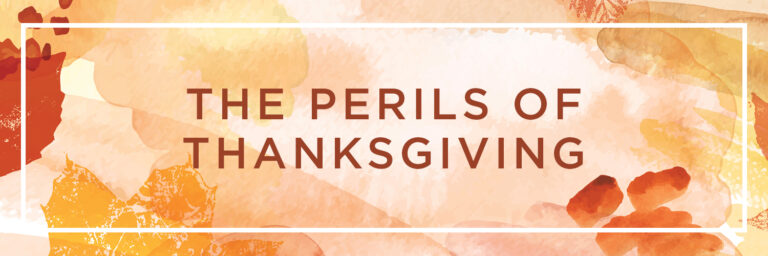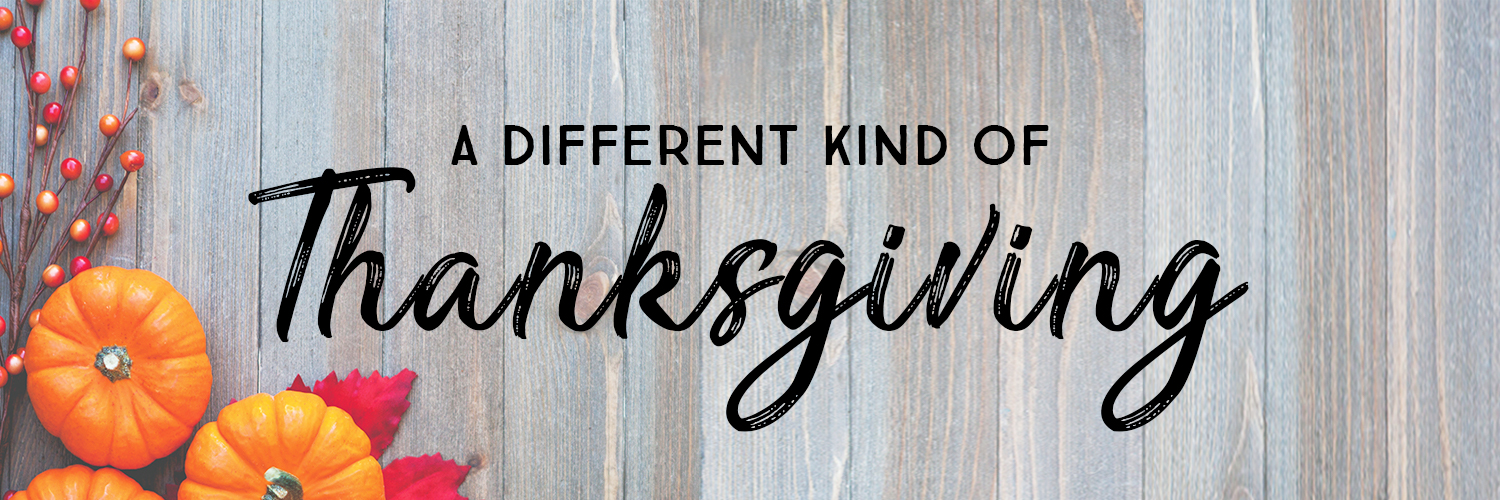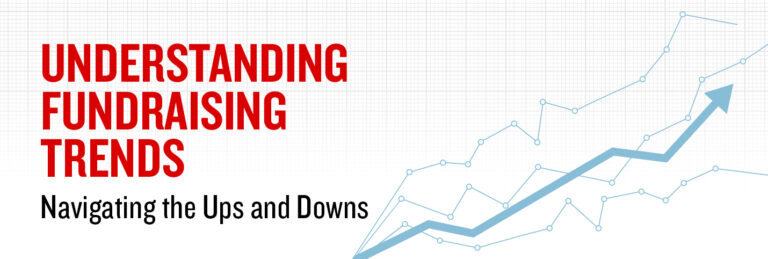A Different Kind of Thanksgiving
I spent much of my early years living on farms and ranches in Central Washington State. So “social distancing” was a way of life except when the school bus picked me up at the end of very long gravel roads, where the mailbox stood.
Many Thanksgiving mornings brought the season’s first snow . . . for a kid, it was always an exciting seasonal transition.
Since we often lived many miles outside of small towns, the lights twinkling in the distance were a constant source of curiosity and festivity. But on Thanksgiving evening, with the fresh fallen snow, those distant twinkling lights became the promise of the Christmas to come.
Sometimes, with my stomach hurting from the feast, I would walk out into the evening, to the center of our circular driveway where the old Massey Ferguson tractor stood. I would lean against a knobby, cold rubber tire, gaze down the slope towards town and sigh. All was well . . .
There are many decades between those moments and now. Social distancing has a harsh and involuntary feel about it. And it hurts my heart. I have loved ones who I long to see that are elderly, like me, and it may hurt us to get together. Our children and grandchildren need the hugs we have stored up for them and we certainly need theirs!
But this is a season like no other in our lifetime. My wife, Kathryn, and I talk way into the evenings trying to sort out our feelings of risk that accompany the thought of family gatherings. We also know there are so many who have been left without the choice of seeing loved ones who are no longer here.
Maybe this Thanksgiving, after the feast, we’ll walk out into the evening and look up at the stars twinkling above our deck and whisper prayers of thanksgiving and protection for our loved ones and for all of those who are suffering. And our prayers will most certainly include the men and women working far into the night to provide safety, security and medical care. May you who serve despite your own fear and loss, be sustained by the hope that someday all will be well again . . .
Related articles
-

The Perils of Thanksgiving
Be careful, be very, very careful! Before you know it, you may find yourself caught in an airport somewhere or…
-

More Than Just Work
As a young Christian professional navigating the conundrum of aligning my beliefs into a purposeful career, I’ve been blessed to…







